Leaving poor countries behind won’t solve climate change, Scott Morrison warns Glasgow summit
Poorer countries must be allowed to grow their economies or the world will not solve climate change, Scott Morrison has warned.
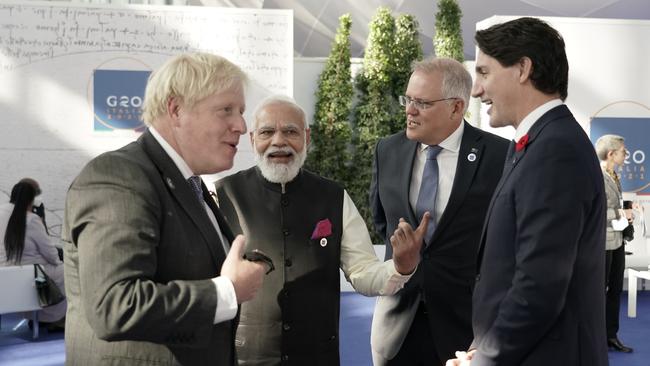
Scott Morrison has warned that poorer countries must be allowed to grow their economies and raise their living standards or the world will not solve climate change, as he ramped up pressure on leading economies to stop viewing emissions reduction through the “prism of the developed world”.
Ahead of COP26 in Glasgow, the Prime Minister said Indo-Pacific, African and South American nations face “disenfranchisement risks” if they were abandoned in the international push for a new global energy economy. Mr Morrison’s message to world leaders came as a bloc of advanced economies and developing nations, reliant on fossil fuels for exports and power generation, pushed back against calls from Britain, the US and European Union at the G20 summit to accelerate a net-zero shift and phase out new coal-fired power generation before 2030.
Prince Charles – who will deliver the opening COP26 address on Monday and take a prominent role at the climate change summit after The Queen was forced to cancel her appearance due to illness – has also called on world leaders and the private sector to “support the poorest and most vulnerable countries”.
British Prime Minister Boris Johnson’s hopes the G20 summit in Rome would lay a foundation for stronger climate change action at COP26 faded over the weekend amid rising concern that poorer nations could be left behind.
Mr Morrison, who was due to arrive in Glasgow early Monday local time for a two-day leaders’ summit setting the COP26 agenda, said Australia was “not in the business of telling other countries what they should be doing”.
He said many countries had their own unique challenges and it was a “pretty big assumption” to suggest there is always a “consensus and commonality” in the views of world leaders on climate action.
With Britain, the US and France agitating for an end to coal generation and mining by the end of the decade, Mr Morrison said “there is quite a large group of nations that hold similar concerns about this” and were “coming from very different places”.
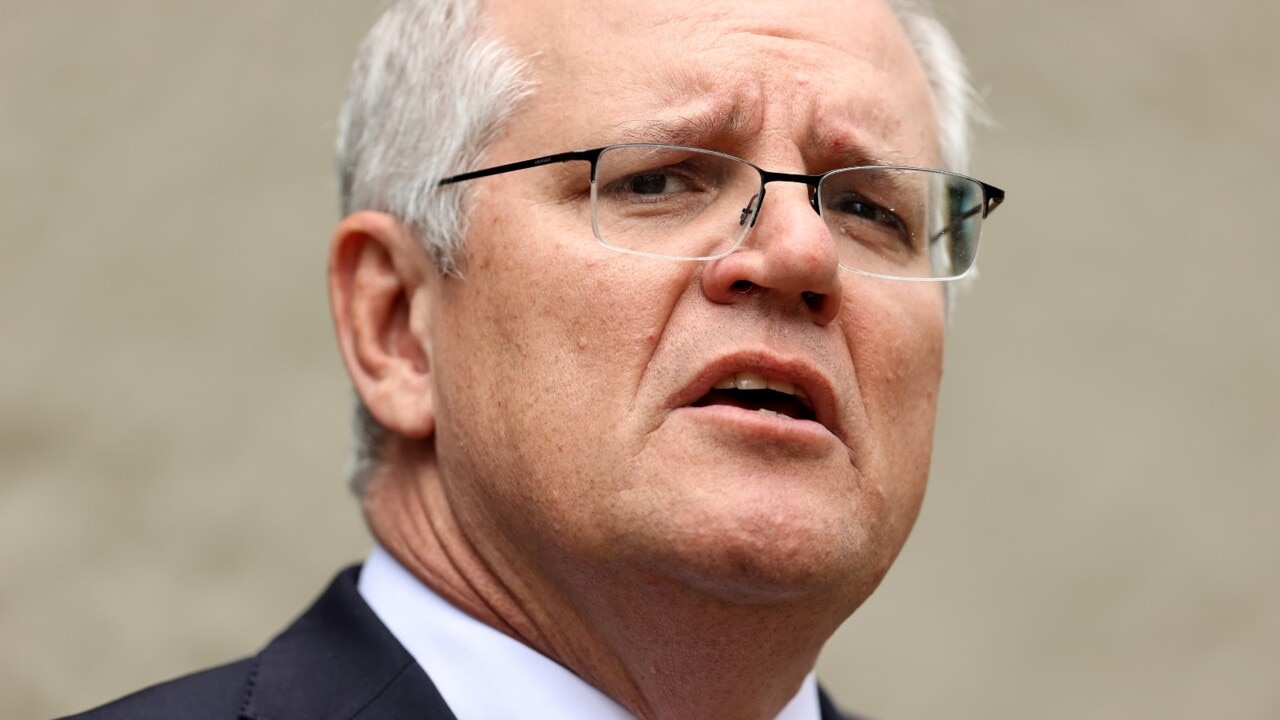
Mr Morrison on Sunday told G20 leaders that “any solution on climate change that is geared only to developed countries does not solve climate change”.
“And any solution that does not empower and enable developing countries to industrialise and lift their incomes and standard of living in a new decarbonised energy economy, as part of our global climate change response, also does not solve climate change,” he said. “Too much of our global response to climate change has been seen through the prism of the developed world. Our solution cannot only work in Europe, North America, Australia, Japan or Korea. It must work in Africa, in the Indo-Pacific and South America.
“If we wish to genuinely solve it, we must look through the prism of the developing world.”
OECD Secretary-General Mathias Cormann, the former Australian finance minister, cautioned ahead of the Glasgow summit any measure that undermined the international competitiveness of a local economy and shifted jobs and emissions elsewhere, at a potentially higher output, could add to the problem rather than help solving it.
Writing exclusively in The Australian on Monday, Mr Cormann said: “That is why I have always argued that we need ambitious action on climate change in a way that is environmentally effective, economically responsible and which can be publicly supported over the long run. An explicit price on carbon in a domestic economy that is not part of an appropriately comprehensive and consistent global framework risks counterproductive distortions and carbon leakage. Right now, only one-fifth of global emissions are subject to any sort of carbon price.”
Mr Morrison, who on Monday will deliver Australia’s national statement outlining improved 2030 emissions projections, said while his government had made its net-zero position clear, many countries faced difficult decisions.
“The answer is not in compensation for developing countries, or taxing them with border tariffs, or having them settle for less, but focusing on the scientific, technological and engineering solutions that can transform their economies and enable them to succeed, as the developed world has,” he said.
“Climate finance must not only focus on mitigation but adaptation and empowerment. There must be an acceptance of the process of transition, not abolition.”
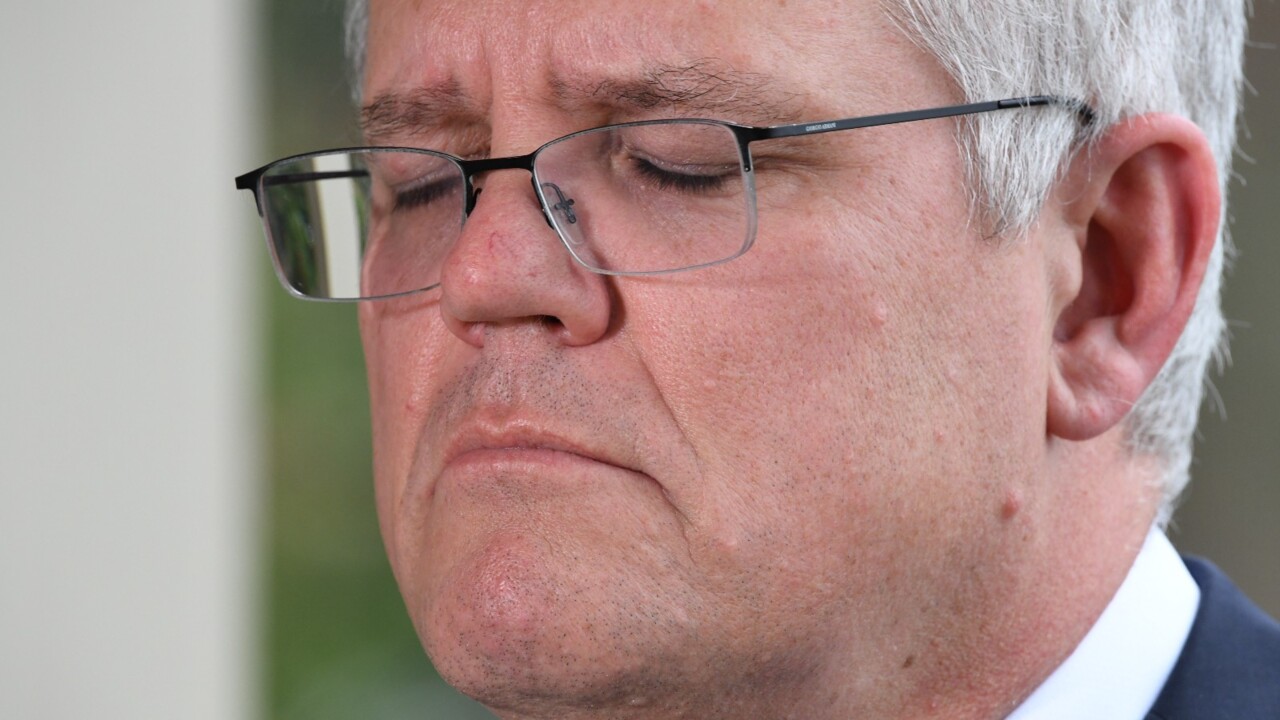
Mr Morrison’s low-emissions technologies mantra has won support among developing nations including Indonesia, Vietnam and India, who “want to realise their economic opportunities, their jobs and do it in a way that is consistent with ultimately a net-zero goal”.
“Our Australian way is not about taxes or heavy-handed regulation, but investing heavily in the development of new technologies to achieve the goals that our own modelling shows will move the dial and make a net-zero economy achievable.”
Arguments over a final G20 climate change position were expected to drag late into the final day of the summit on Sunday, with leading resources nations and developing countries pushing back against items in the draft communique, including an end to coal-fired power generation.
The G20 communique was expected to land on a broad position around emissions reduction, with advanced economies pledging to speed up efforts to limit global warming at 1.5C and softer language around the need to achieve net-zero emissions by 2050. China, India and other developing nations are also pushing the US and UK to deliver on a $100bn-a-year commitment made in 2009 by advanced economies to help poorer ones transition to a low-emissions future.
Prince Charles, who delivered a climate change speech to G20 leaders on Sunday, said after listening to world leaders – including Commonwealth nations considered the “most climate-vulnerable on Earth” – he believed the “private sector holds the key” in unlocking new low-emissions technologies.
The Prince of Wales, who will host Mr Morrison at a Commonwealth leaders’ event in Glasgow after recently urging him to attend COP26, said governments must set “clear market signals” and allow businesses to plan for the long term. “This would boost confidence in existing projects and attract the necessary institutional investment for new ones. As it stands, there are too few investment-ready projects in the pipeline because there is too little confidence in the system. To do this, there is a need to align country, industry and investment road maps.”


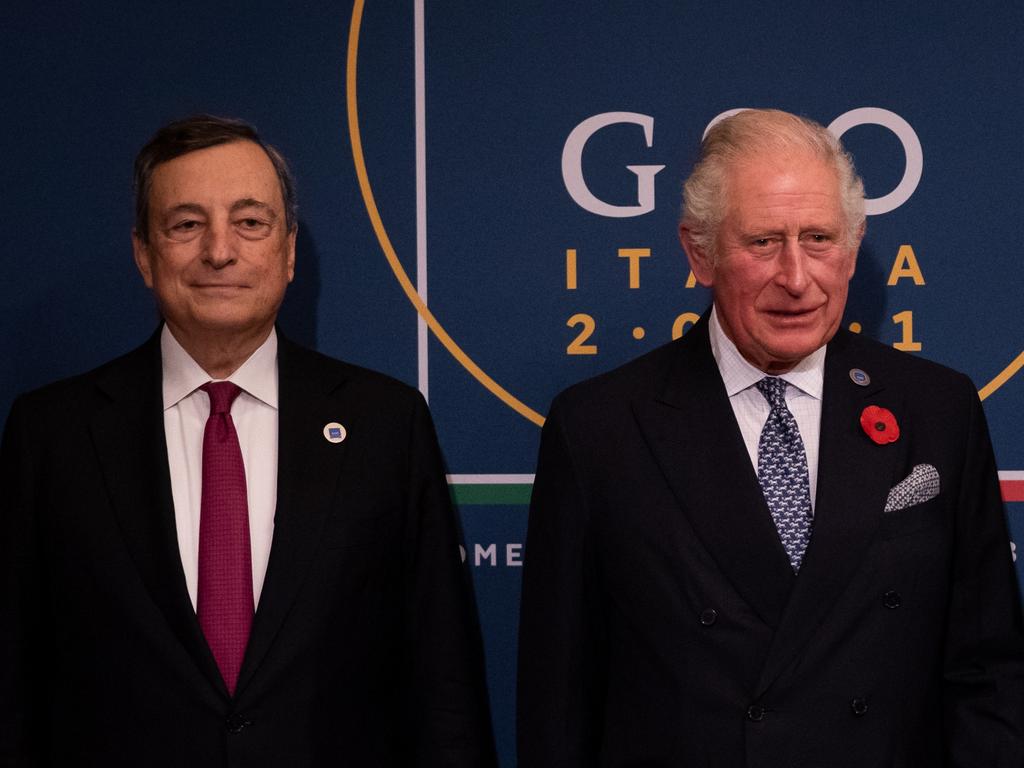
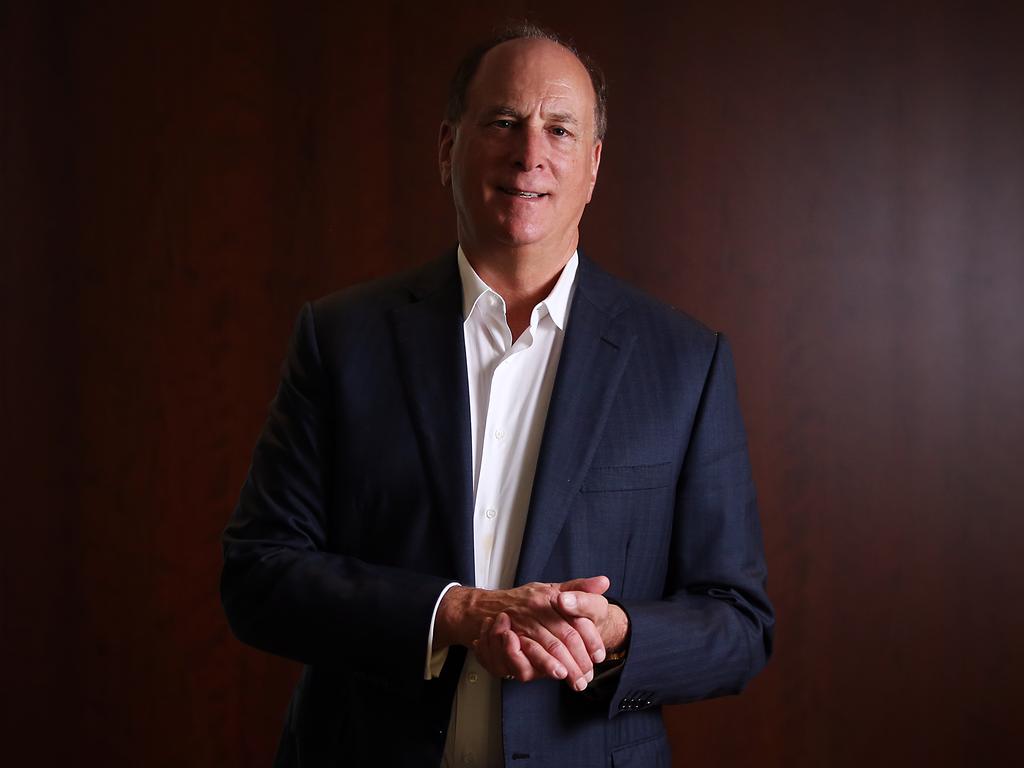
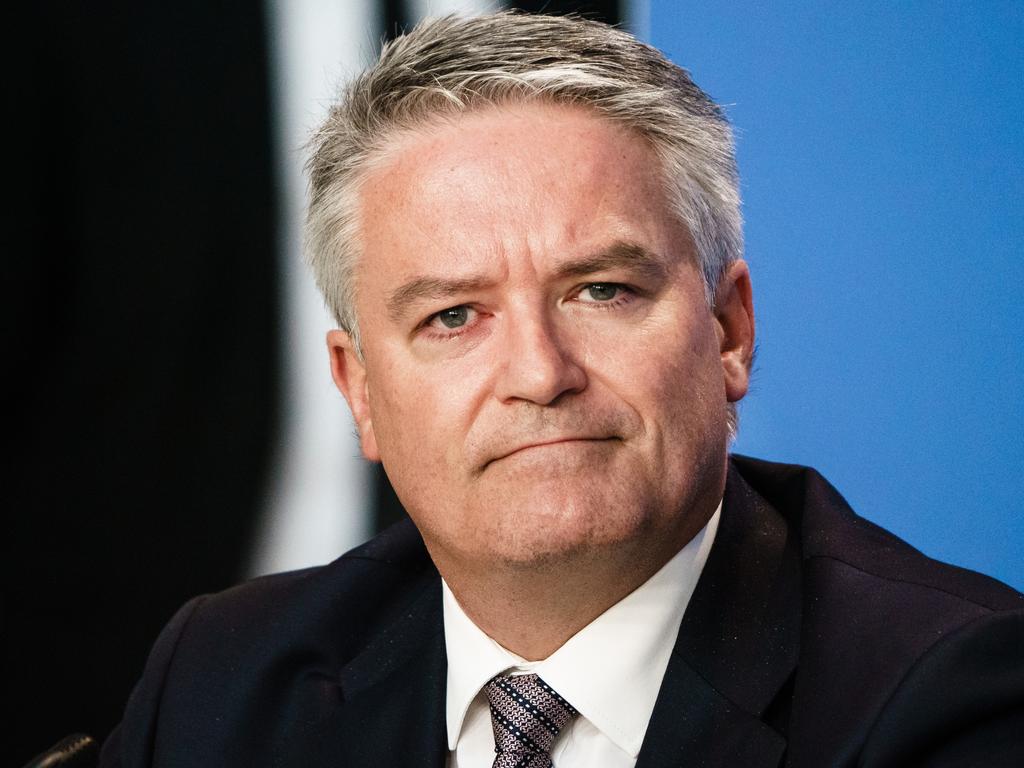
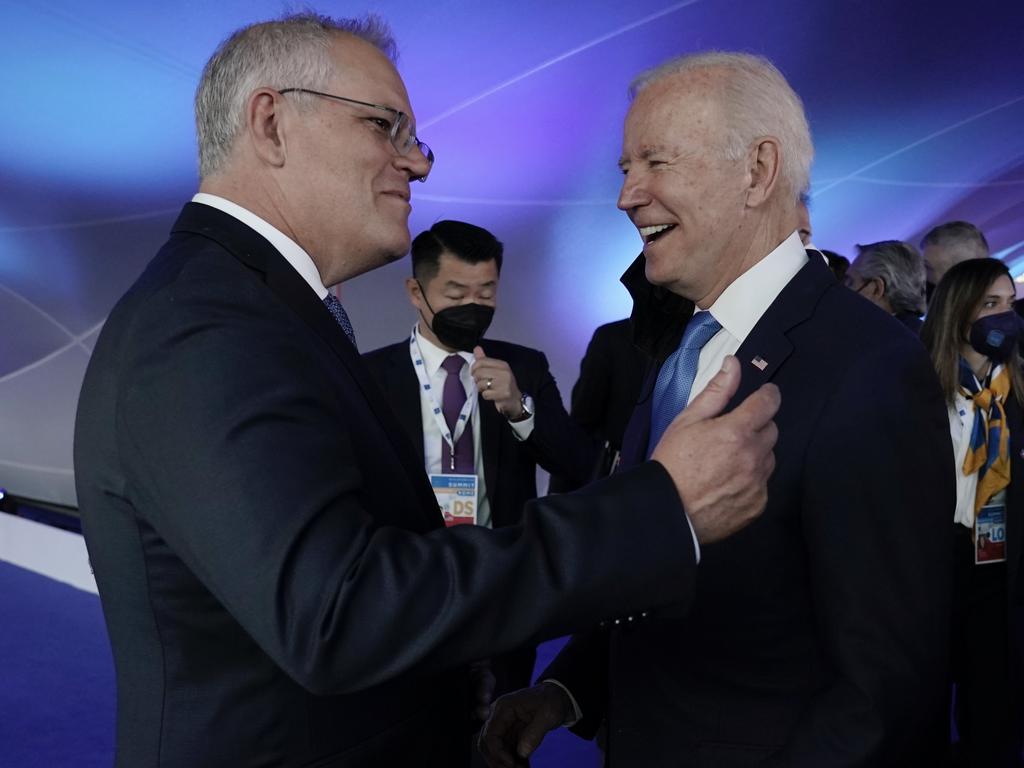


To join the conversation, please log in. Don't have an account? Register
Join the conversation, you are commenting as Logout